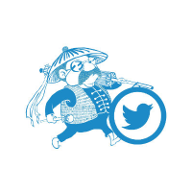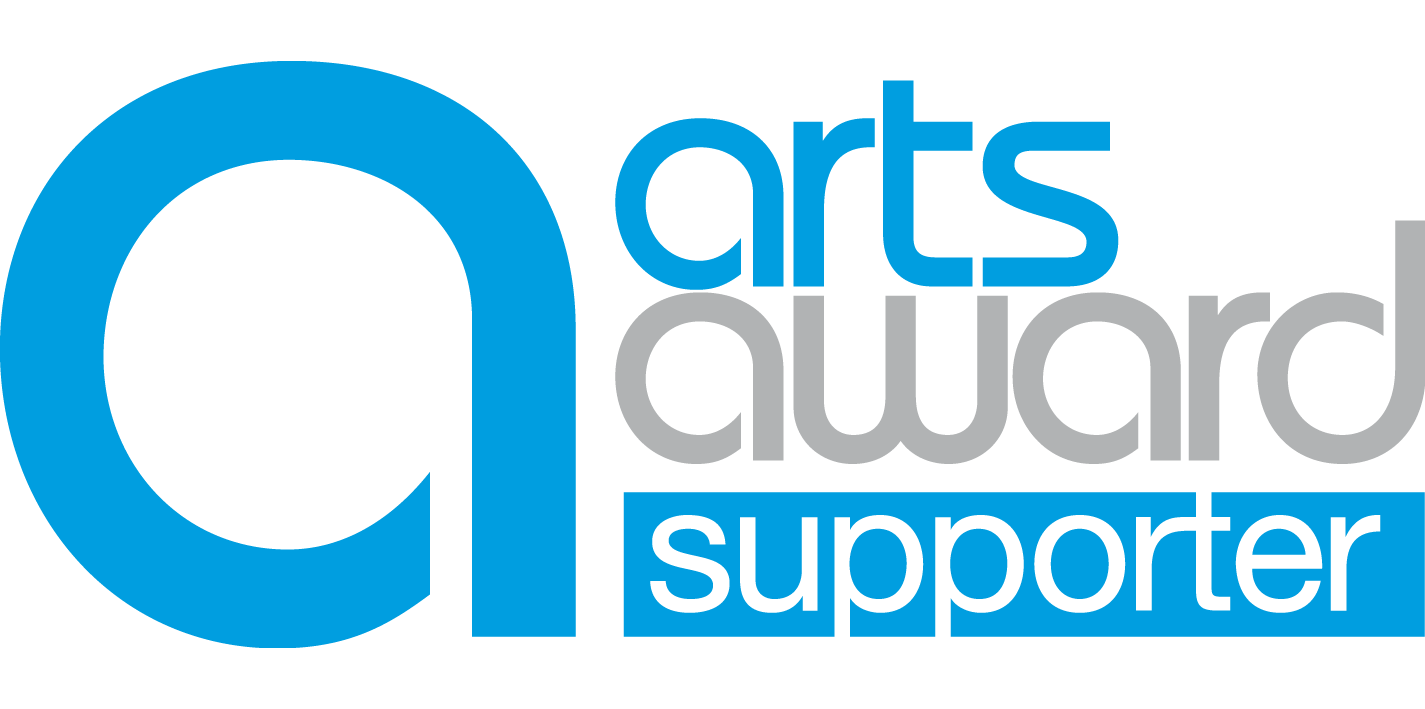









20 September 2017 by Roy Preece
In her introduction to Dear Su Yen, Su Yen writes “I wanted to show how poetry, like music, can be healing”. She also found that thinking about poetry helped improve her everyday English too. Now the latest scientific techniques of brain scanning lend strong support to this idea. An article by Julie Henry in The Daily Telegraph of January 13 shows how the brain “lights up” much more when reading classical poetry than when reading the same information in modern English (see Dear Su Yen, pages 23-4).
Professor Philip Davis of Liverpool University says that serious literature “acts like a rocket-booster to the brain with power to shift mental pathways, to create new thoughts, shapes and connections”. Unusual words or phrases stimulated the brain to unusual electrical activity which persisted into following phrases and so “primed the brain for more attention”.
Reading poetry and classical authors, however, not only stimulates the parts of the brain concerned with language; it also stimulates parts of the brain concerned with “autobiographical memory and emotion”. The poetry seems to stimulate “reappraisal mechanisms” causing readers to “reflect on and reappraise their own experiences”.
Professor Davis concludes that “Poetry is not just a matter of style. It is a matter of deep versions of experience that add the emotional and biographical to the cognitive”, unlike “self-help books or the easy reads that merely reinforce predictable opinions and conventional self- images”.
If you feel that reading poetry may be difficult, then let Dear Su Yen show you how to begin, or buy and read one of Su Yen’s Poetry Notebooks.
